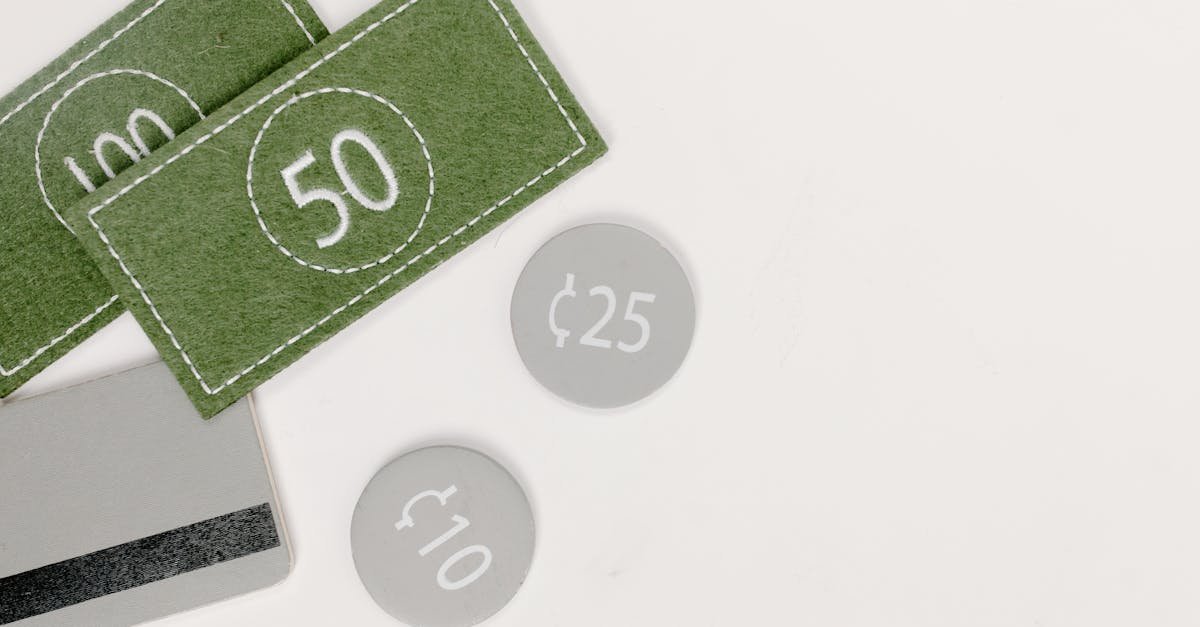When your Capital One card is declined despite having available credit, it can be frustrating and confusing. Understanding the potential reasons for this occurrence can help you address the issue swiftly and avoid similar problems in the future. Below are three common reasons why your Capital One card may be declined, along with actionable insights to manage your finances effectively.
Insufficient Funds
Even if you have a credit limit, it’s crucial to ensure that your available credit is adequate for the purchase you are trying to make. If you have recently made significant purchases or payments that reduce your available credit, this can lead to a decline. Regularly monitoring your account and maintaining a budget can help prevent overspending.
Fraud Alerts
Capital One takes card security seriously, and if they detect unusual activity or transactions that seem out of character for you, they may temporarily block your card as a precaution. This can happen if you make a large purchase in a different location or buy from a new vendor. Always notify Capital One of your travel plans or any unusual spending to avoid having your card declined unexpectedly.
Card Expiration
An expired card will not work for any transactions. It’s essential to keep track of your card’s expiration date and ensure that you have a new card issued before the old one expires. Capital One typically sends out a replacement card a few weeks before the expiration date, so check your mail and activate your new card promptly.
Credit Limit Exceeded
If you have reached or exceeded your credit limit, your transactions may be declined. It’s important to understand your credit utilization ratio and keep it below 30% of your total credit limit. Regularly reviewing your spending habits can help you stay within your limits and maintain a good credit score.
Payment Issues
Missed payments or late payments can affect your credit card’s functionality. If your account is past due, Capital One may decline transactions until the balance is paid. Setting up automatic payments or reminders can help ensure you never miss a due date.
Technical Errors
Sometimes, a card may be declined due to technical issues at the point of sale or with Capital One’s processing systems. If you suspect this might be the case, try using your card again later or contact customer service for assistance.
Merchant Restrictions
Certain merchants may have restrictions on which cards they accept, or there may be limits on specific types of purchases, such as gambling or adult services. Always check with the merchant if you suspect this is the reason for the decline.
| Reason | Solution | Actionable Tip | Follow-Up |
| Insufficient Funds | Check available credit | Set a monthly budget | Review spending weekly |
| Fraud Alerts | Contact Capital One | Notify about travel plans | Monitor account alerts |
| Card Expiration | Check expiration date | Activate new card promptly | Update payment information |
| Credit Limit Exceeded | Pay down balance | Keep utilization low | Review credit limit regularly |
| Payment Issues | Make a payment | Set up auto-pay | Check payment history |
| Technical Errors | Try again later | Have a backup payment method | Contact support if persistent |
| Merchant Restrictions | Check with the merchant | Use alternative payment methods | Know merchant policies |
Understanding the reasons behind a declined Capital One card can empower you to take control of your financial situation. By staying informed and proactive, you can minimize the chances of encountering similar issues in the future.
FAQs
What should I do if my Capital One card is declined?
If your card is declined, first check your available credit and payment status. Contact Capital One customer service for further assistance if necessary.
How can I prevent my card from being declined in the future?
To prevent declines, regularly monitor your spending, notify Capital One of any travel plans, and keep track of your card’s expiration date.
Can I use my Capital One card if I exceed my credit limit?
Exceeding your credit limit may result in declined transactions. It’s best to pay down your balance to ensure your card works effectively.
What are common reasons for credit card declines?
Common reasons include insufficient funds, fraud alerts, expired cards, exceeded credit limits, payment issues, technical errors, and merchant restrictions.

